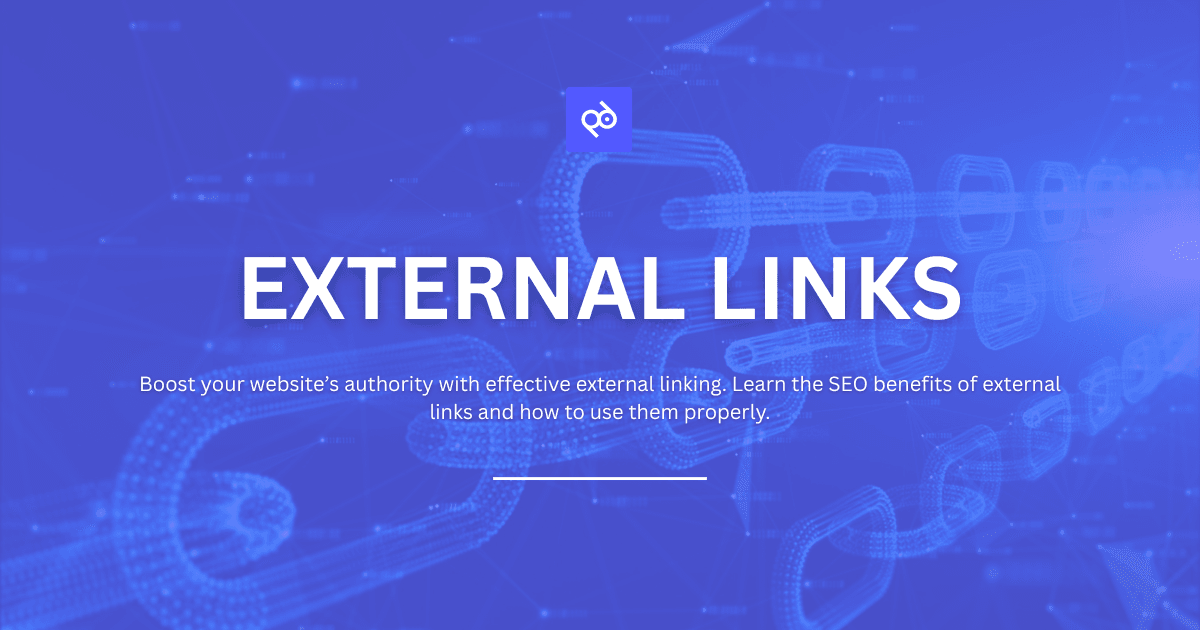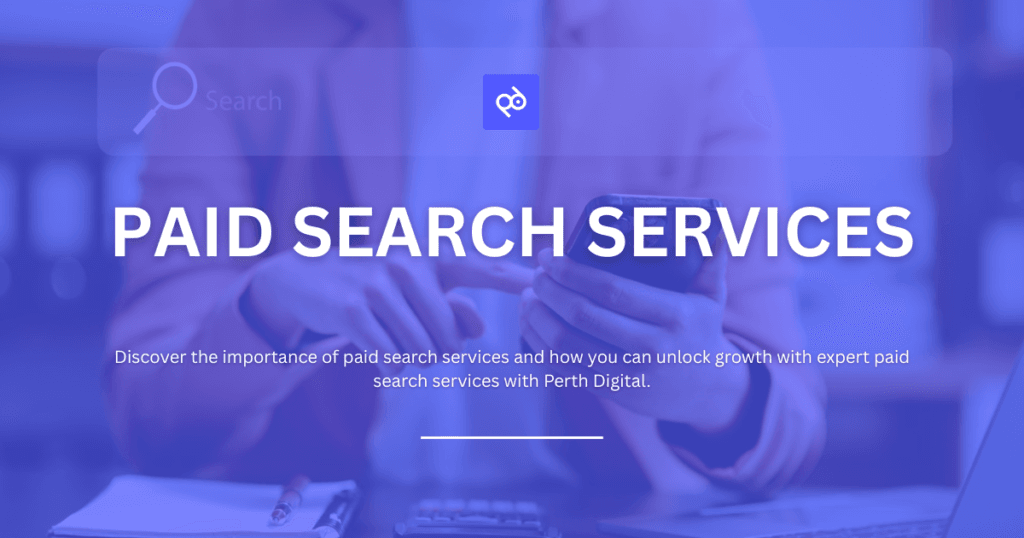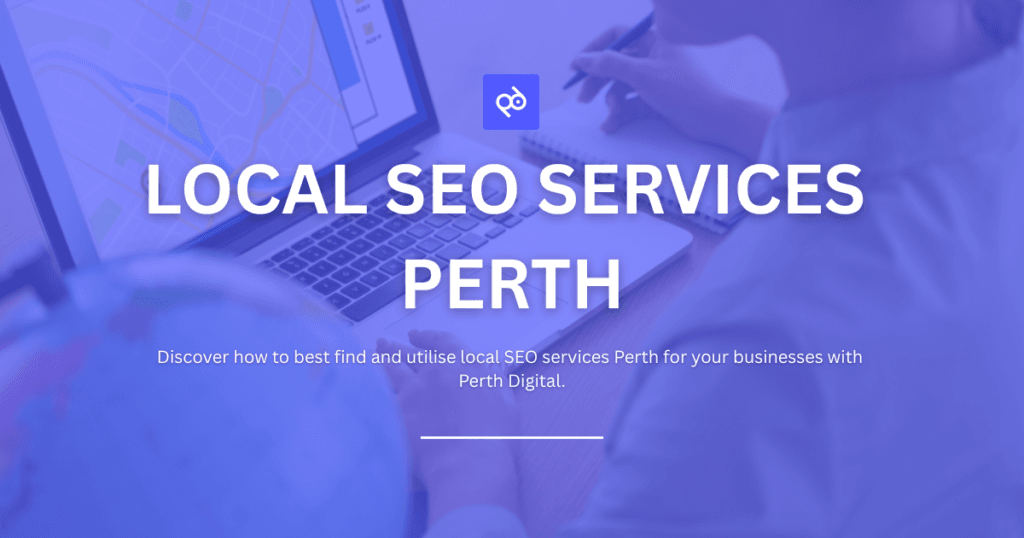External linking, sometimes called outgoing links or outbound links, isn’t just about referencing other websites. When used strategically, external links can significantly boost your website’s authority, improve user experience, and even enhance your rankings in search engine results.
So, what are external links exactly, and how can you use them effectively without hurting your SEO? Let’s break it down.
What Are External Links?
Put simply, external links are hyperlinks that point from your website to another website.
For example, if you’re writing a blog post on digital marketing and you link to an authoritative article on the HubSpot website, that’s an external link. The link directs your readers away from your website to a different domain.
This is different from internal links, which connect different pages within the same website.
Why Are External Links Important for SEO?
Search engines like Google use complex algorithms to determine which websites are credible, relevant, and deserving of high rankings. One of the ways they do this is by analysing the links on your website, including external ones.
Here are some of the main reasons how external linking helps boost your site’s SEO:
Builds Trust and Credibility
When you link to trustworthy and relevant sources, it signals to both users and search engines that your content is well-researched and reliable. For example, linking to a study from a reputable university or a government website adds weight to your arguments.
Improves User Experience
External links provide additional value to your readers. If someone wants to dig deeper into a topic you briefly mention, a well-placed link to a credible source can save them time and increase trust in your content.
Shows Topical Relevance
Search engines assess the context of your outbound links to better understand your content. Linking out to related articles or trusted sites in your niche helps Google place your page in the right topical ecosystem.
Encourages Backlinks
Good external linking practices often foster relationships with other website owners. When you link to quality sources, there’s a chance they might return the favour, a classic link building technique that leads to valuable backlinks (links from other sites to yours).
External Links vs Backlinks: What’s the Difference?
A common source of confusion in SEO is the difference between external links and backlinks.
- External links (outgoing links): Links you add to your site that point to other websites.
- Backlinks (incoming links): Links from other websites that point to your site.
While both types of links matter for SEO, backlinks are typically more powerful when it comes to improving your search rankings since it means other websites deem yours reliable. That said, external linking is often the first step in a good link building strategy that can lead to natural backlinks, especially if you’re just starting your website and haven’t built up a reputation of your own yet.
How to Use External Links Without Hurting SEO
Some website owners worry that external links might drive traffic away or dilute their own site’s value. But when done right, they do the opposite.
Here are some SEO best practices for external linking:
Link to High-Quality, Authoritative Sites
Avoid spammy, low-quality websites. Only link to sources that are credible, relevant to your content, and likely to offer value to your audience.
Example: Linking to an NHS page when discussing health topics, or a government website when referencing regulations.
Use Descriptive Anchor Text
Anchor text is the clickable part of a hyperlink. It should clearly indicate what the linked page is about.
Instead of writing “click here,” use something like “latest government health guidelines.”
Open Links in a New Tab
This helps retain users on your website while still providing access to the referenced resource.
Use Nofollow Tags Where Appropriate
If you don’t want search engines to follow a link or pass authority to the destination, you can use a rel=”nofollow” tag. This is useful when linking to promotional content or sponsored material.
Examples of Good External Links
Let’s look at how external links can be added naturally:
- In a blog post about email marketing, link to a Mailchimp guide on automation strategies.
- If discussing climate change, include a link to data from the Intergovernmental Panel on Climate Change (IPCC).
- Writing about small business grants? Link to your country’s official government funding site.
These links add credibility and context, and help users go deeper without cluttering your own content.
How Many External Links Should You Use Per Page?
There’s no strict rule on the exact number, but quality always beats quantity.
A good guideline is:
- 2–5 external links for shorter blog posts (~800 words)
- 5–10+ links for longer content (>800 words)
Just ensure every link has a purpose. If a link doesn’t add genuine value, leave it out.
External Linking Strategy for Blogs and Content Marketing
To make the most of your external links, it helps to approach them with a strategy.
Here are a few tips:
Map External Links to Content Goals
Based on the substance of your content, you can research and find sources that either support your claim or add value to what you say. From these sources, you then link them back on your website. When trying to find reliable sources, ask yourself these questions:
- Are you trying to support a claim? Use a research link.
- Are you suggesting a tool? Link to the official site.
- Do you want to build a relationship with an influencer or site? Link to their content and tag them when sharing on social media.
Audit Your External Links Regularly
Broken links can harm user experience and SEO. You can perform an SEO audit by using tools such as Ahrefs, Screaming Frog or Google Search Console to check for dead outbound links.
Think Like Your Reader
If a reader asks: “Where can I learn more about this?”A good external link answers that question.
Common Questions About External Links
We’ve gathered commonly asked questions when it comes to external links. Hopefully, they can give you a keener understanding and answer any lingering doubts you might have about outbound links.
Should I use external links in my blog posts?
Yes, definitely, when they add value. Well-placed external links help with trust-building, SEO, and user engagement.
Can too many external links hurt my SEO?
Only if they’re low-quality, spammy, or irrelevant. Stick to reputable sources, and use external links strategically.
What’s the difference between external and internal links?
Internal links stay within your website. External links point to a different domain. Both are essential for SEO when used wisely.
Why External Links Still Matter in 2025
Despite all the advancements in SEO, external links remain a foundational element of content credibility, authority, and discoverability. They’re a signal to Google and users that your content is trustworthy, informed, and connected to a wider web of knowledge.
Done correctly, external linking doesn’t drive people away from your site, it brings them back for more.
So the next time you write a blog post, publish a guide, or build out a landing page, take a moment to think about your outgoing links. They could be the missing link between good content and great SEO.
Perth Digital will help take your link strategy even further. Combine strong internal linking, valuable external links, and consistent link building efforts to create content that performs well. Contact us today!



